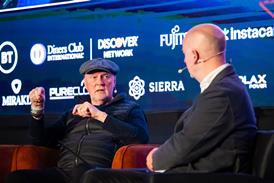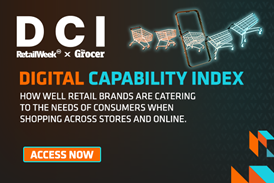Start-ups – a lifeline for retailers?

As Retail Week’s Discovery 100 searches for the top global tech start-ups of 2020, industry expert Ian Shepherd discusses how, and why, retailers should maximise the benefits and new ideas offered by the start-up community.
Already have an account? Sign in here




















